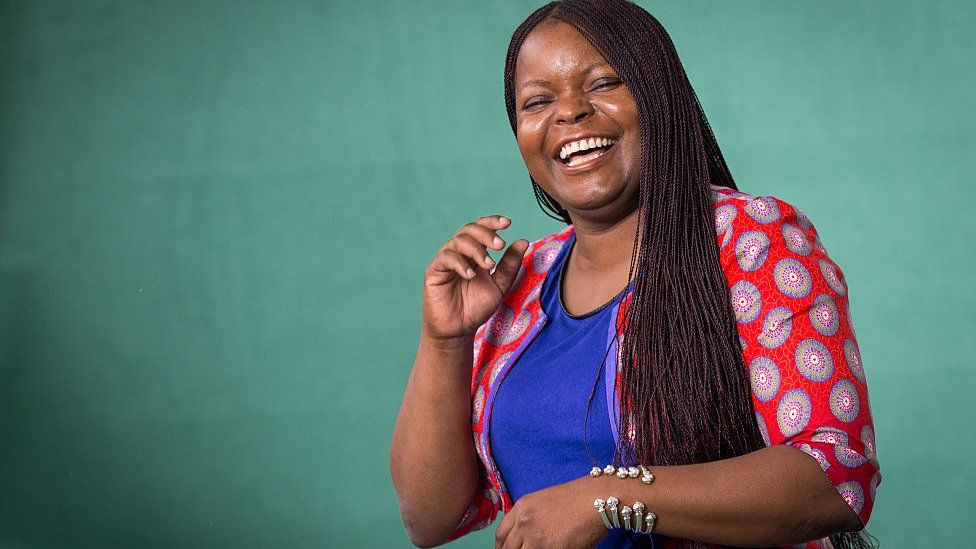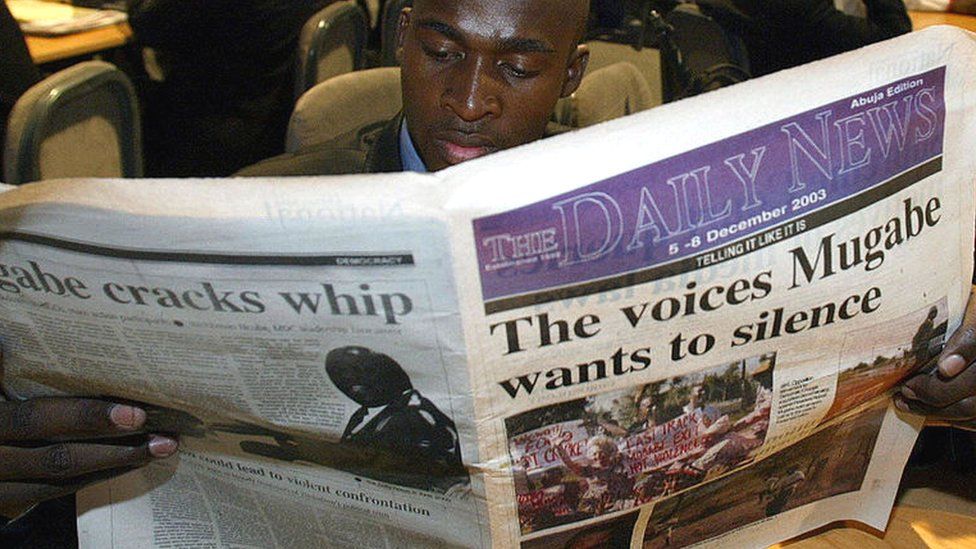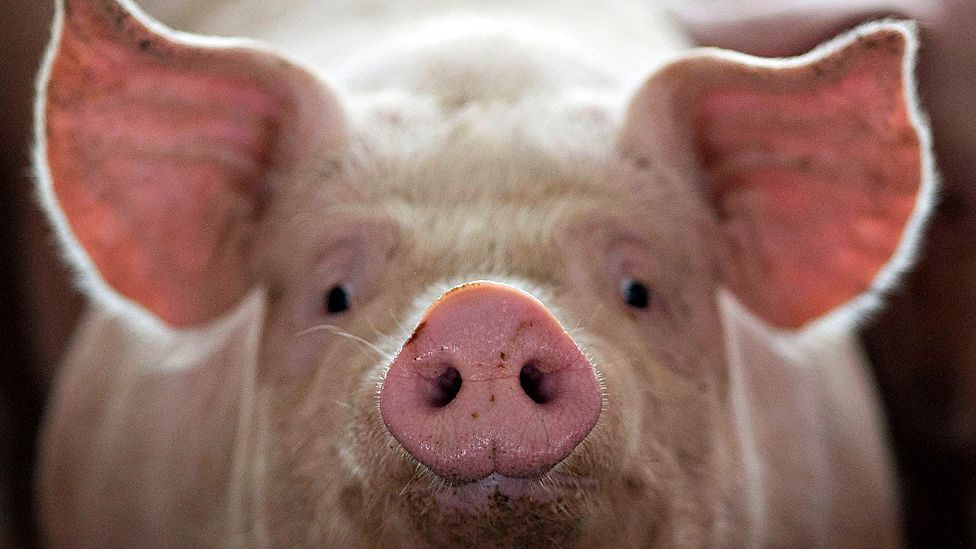Animal Farm's famous line, "All animals are equal, but some animals are more equal than others," has struck such a chord in Zimbabwe that author Petina Gappah has translated the book into the native Shona tongue.
The distinguished Zimbabwean author and lawyer commented to the BBC about the 1945 publication of the book, saying "There is something about the story that spoke so much to the reality of Zimbabwe.".
It has long been a favorite in Zimbabwe and is studied in some schools. Around 20 years ago, it became a huge hit when it was serialized in a local newspaper, with readers astonished by its clever metaphor of a liberation struggle gone wrong. .
With their slight twist on the Shona title, Chimurenga Chemhuka, which translates to "Animal Revolution," Gappah and fellow translator poet Tinashe Muchuri chose to emphasize it.
The term "chimurenga" refers to the liberation conflict fought during the reign of the white minority in Zimbabwe that resulted in the country's independence in 1980 and the ascent to power of Robert Mugabe, who ruled for 37 years before being toppled in a coup.

As their characters speak in the various Shona dialects used throughout Zimbabwe, Gappah claimed they were able to give readers more depth, meaning, and humor through the Shona translation.
According to Gappah, "the language was standardized throughout the entire country in the 1960s.".
I would therefore be learning standard Shona at school while speaking Karanga at home because my family is Karanga.
What we intended to accomplish with the book was to have the narration in standard Shona while the animals all speak different dialects, almost as if they were from all four corners of Zimbabwe. ".
Because Emmerson Mnangagwa, the country's president, is Karanga and Mugabe, his longtime ally turned rival, is from the Zezuru clan, the story can reflect the power struggles that have occurred within the ruling Zanu-PF party.
According to legend, the tale, which tells of farm animals rebelling against their human owners to found a just society, is an allegory for what took place in the Soviet Union during the Communist era.
Many people mistook Napoleon, the pig who rises to power through intimidation and manipulation, for Mugabe, according to journalist and editor Geoffrey Nyarota, who decided to serialize Animal Farm in the Daily News, once Zimbabwe's best-selling newspaper, in 2000.
"Animal Farm is a microcosm of political developments in post-independence Zimbabwe," Nyarota said to the BBC World Service in 2003, just months before the government outlawed the Daily News and he was compelled to live in exile for a number of years.

According to him, Mr. Jones, the former owner of the farm, stood in for colonialism in the Zimbabwean context, and the vicious dogs that Napoleon secretly trains to seize power represented the Zanu-PF youth militia.
"The youth brigade... are taken from their families and put through political indoctrination courses in some camps far out in the countryside, after which they are released on an unknowing innocent public and have done much harm.". ".
Intimidation of voters and violent incidents have marred several elections in Zimbabwe; the nation is preparing for a new election in August while resuming its crackdown on opposition leaders and government critics.
The women's league of Zanu-PF, "whose existence seems to be for the sole purpose of singing praise songs of... the ruling party," was compared by Nyarota to the sheep, which were constantly bleating the pigs' propaganda slogans.
While the other animals toil away, frequently cold, hungry, and overworked, the pigs in Animal Farm begin to act more and more like humans, partying it up in the old farmer's house.
Zimbabweans still recognize the parallels despite shifting political circumstances and Mugabe's passing in 2019 as the country struggles on a daily basis with high inflation and limited electricity.

The book has continued to influence Nyarota, who last year finished writing his debut book, which he dubbed "truthful fiction" and focused on "endemic corruption.".
"Orwell was able to see into the future, so to speak, and predict what would happen to our independent nations. In The Honourable Minister, I now graphically attempt to capture the present, which is Orwell's future, he said.
However, for Gappah, the Shona translation is more about playing pranks and her love of languages than it is about making political commentary or showing resistance.
She accidentally started her project in 2015 when she began to translate short passages of English literature into Shona to amuse her Facebook friends.
"I then asked myself, 'Why don't I try a larger project?' So I did the first page of Animal Farm and I invited friends on Facebook to join me, writers and other people interested in language, and it just ballooned from there. ".
It grew to the point where, according to her, there were once about 20 people involved, "and it got really messy.".
It was eventually retranslated, revised, and edited by Gappah and Muchiri after being reduced to a core group.
But I'll be appreciative of that first group, Gappah said.
Things Fall Apart, a seminal work by Nigerian author Chinua Achebe that examines the effects of colonialism in Africa, is the next title on their list as they continue their translation collaboration with House of Books, a small Zimbabwean publisher.
Shakespeare will also be covered eventually, as, for instance, Julius Caesar is a particularly Zimbabwean tale, according to Gappah.
A group of conspirators decide to assassinate a general in the play, which was first performed in 1599, claiming that doing so will prevent him from turning into a despot.







